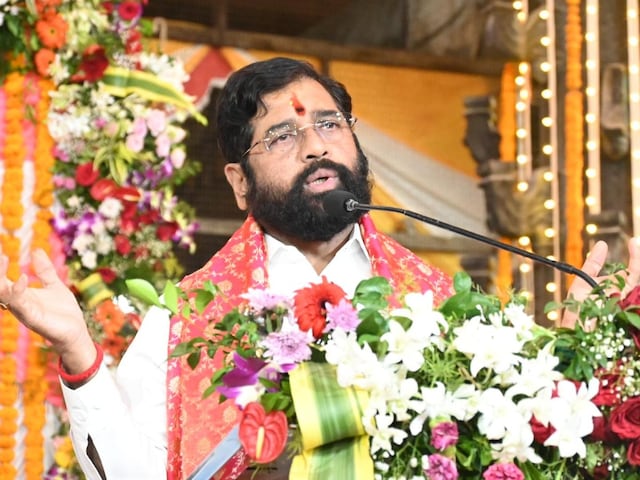The Reserve Bank of India (RBI) on Tuesday issued guidelines for the appointment of statutory auditors at banks, regional rural banks, urban cooperative banks and non-banking financial companies. After a year that saw the books of banks turn highly complex, given the loan-payback moratorium and other covid forbearance measures, with a reversal on interest-on-interest adding complexity, their audit process could be a challenge for some time to come. However, a need for audit reforms had asserted itself even before the pandemic, which followed a string of bank scandals that raised questions over the quality of this mandatory exercise.

RBI’s move this week is aimed at raising the independence of audits and thus their integrity. Under its new norms, effective from 2021-22, lenders with assets of ₹15,000 crore and above will have to hire at least two audit firms to jointly conduct their audits. These auditors must have RBI’s nod and no mutual affiliation in terms of common partners or ownership links. Multiple audit firms are welcome, though with a cap on the number that rises with the bank’s asset size. Entities with assets of over ₹5 trillion can hire up to four auditors, for example, while those with more than ₹20 trillion can have as many as 12. They are to be appointed for three-year terms at a time, and must be rotated thereafter; none can be given consecutive terms.

This a well-intended shift. It could potentially contain the cosiness that can develop in relations between auditors and the selection panels of banks, a phenomenon that is thought to have compromised audit quality in several scandalous cases. After all, the field bears the burden of a classic conflict of interest. Auditors are paid by the very companies whose financial data they must check, and other wings of the same audit firms are often awarded add-on service contracts.
Now, with two or more un-related audit firms scanning ledgers and other records, the wilful neglect of flag-worthy stuff should be less likely. Collusion for a cover-up is harder if more parties are involved. Even accidental misses could go down, especially if one auditor fears being caught by the other. In all, this should turn a screw or two on ‘captive auditing’ and hopefully result in closer scrutiny and better financial reporting.

Yet, it is difficult to say how well the idea of jointly-done audits will work out. India has a dearth of auditing expertise for banks, and the audit industry remains top-heavy, with very few notable names. So auditor recruitment may get harder. How the task is to be split up could also pose problems. Delays could arise from weak coordination and tussles over who is answerable for what aspects of the accounts.
If the numbers turn out to be messy, then the scope for divergent assessments would be vast. To pre-empt any of this, RBI may need to put out a detailed framework of how multiple auditors should operate, including a workable mechanism to resolve differences of opinion. One suggestion, floated briefly in the UK, is to have a relatively small firm as a junior auditor working with a larger one acting as its mentor. Such arrangements could help fix our shortage of talent. But such a system would have its own complications. A subsidiary role for one could expose audits to domination by the bigger auditor, taking us back to square one. The point is to have light shone on bank data from more than one source. For this, each auditor must maintain an equal vigil.














